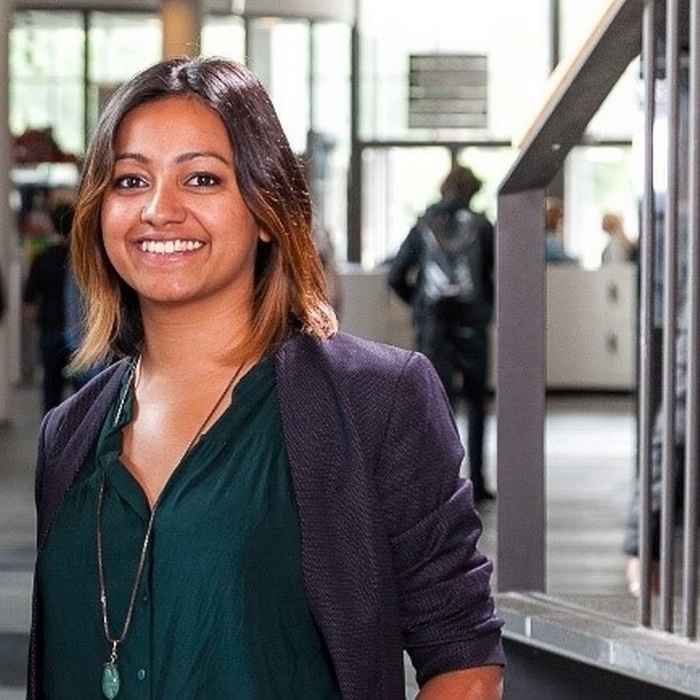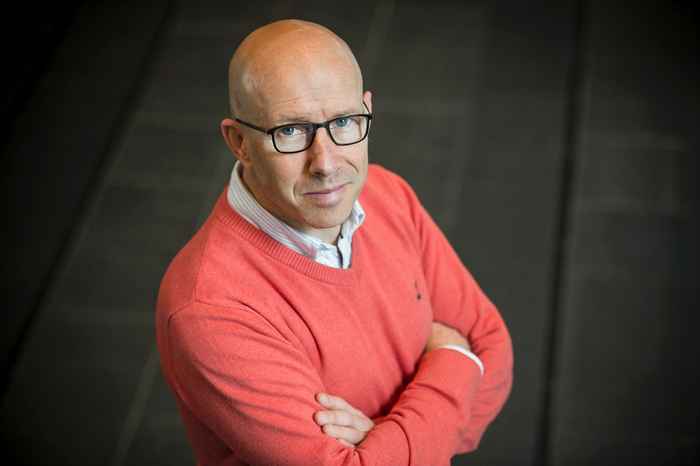Amsterdam University Fund supports 'The Story of Proteomics'
23 April 2018

The interactive, attractive and fun tool will explain the importance of proteins and their functions, structures and interactions. It is aimed at teenagers and above, will be globally launched in multiple languages and will build community involvement and awareness in many countries.

Prof. Corthals and Dr Goswami are developing the tool in the context of the European Horizon 2020 project GAPARS. In GAPARS, an acronym of GAmification of PARticipatory Science, universities, research institution and companies from the gaming and IT industries cooperate to apply game design elements and principles in a science context for training and education purposes.
Gaming and citizen science
The consortium started in 2016 and is coordinated by the Swiss company MMOS, creators of Massively Multiplayer Online Science (MMOS). GAPARS aims to make the MMOS Platform a reference interface for the introduction of citizen science tasks into games. Effective ways of operation for citizen science is immensely important as these will open new avenues of interactions and understanding for developers and society on a large scale.

Within the context of the GAPARS project, Corthals and Goswami are now leading an international group of scientists to develop a new platform for education and science awareness in the field of Proteomics, to motivate and empower communities to perform tasks relevant to scientific challenges in the field. The project is carried out in collaboration with JAM visual thinking, an Amsterdam based communication design company.
The project grant was awarded through the Spinoza Fund, managed by the Amsterdam University Fund.
